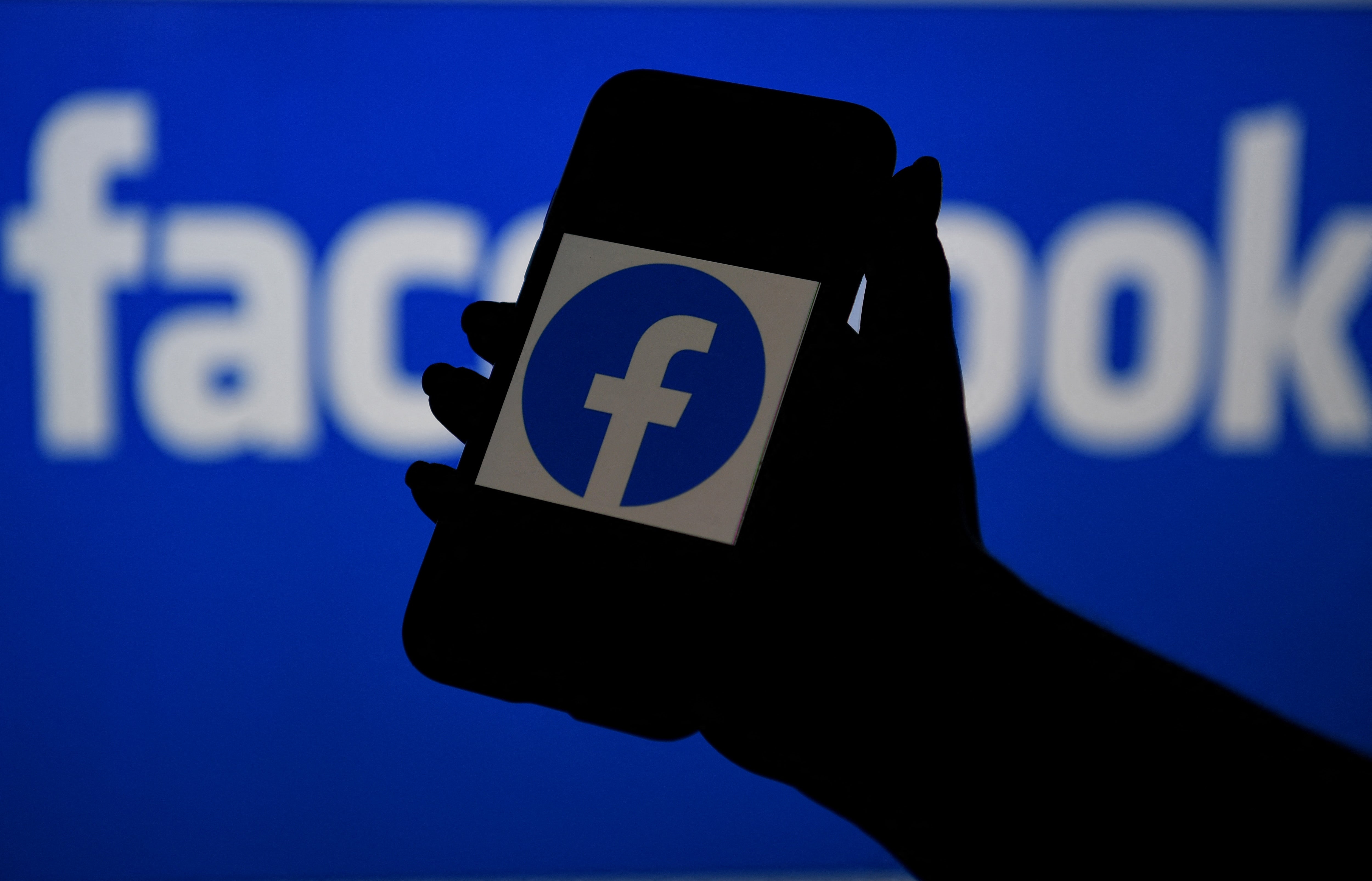Facebook shuts down accounts of researchers studying political ads on platform
The researchers used a browser tool that allowed consenting users to share data on ads shown to them on Facebook

Your support helps us to tell the story
From reproductive rights to climate change to Big Tech, The Independent is on the ground when the story is developing. Whether it's investigating the financials of Elon Musk's pro-Trump PAC or producing our latest documentary, 'The A Word', which shines a light on the American women fighting for reproductive rights, we know how important it is to parse out the facts from the messaging.
At such a critical moment in US history, we need reporters on the ground. Your donation allows us to keep sending journalists to speak to both sides of the story.
The Independent is trusted by Americans across the entire political spectrum. And unlike many other quality news outlets, we choose not to lock Americans out of our reporting and analysis with paywalls. We believe quality journalism should be available to everyone, paid for by those who can afford it.
Your support makes all the difference.Facebook has disabled the personal accounts, apps, and Pages of two New York University researchers who were studying misinformation spread via political ads on the platform.
While the social media giant says the reasons for its move was because the researchers violated its terms of service and were involved in unauthorised data collection, the scholars say the company is attempting to control their research which projected the platform in negative light.
“Over the last several years, we’ve used this access to uncover systemic flaws in the Facebook Ad Library, to identify misinformation in political ads, including many sowing distrust in our election system, and to study Facebook’s apparent amplification of partisan misinformation,” Laura Edelson, PhD candidate in computer science at New York University, noted in a statement.
“By suspending our accounts, Facebook has tried to shut down all this work. Facebook has also effectively cut off access to more than two dozen other researchers and journalists who get access to Facebook data through our project, including our work measuring vaccine misinformation with the Virality Project and many other partners who rely on our data,” Edelson added.
The research method, the scholars say, relies on Ad Observer, a browser plugin that allows consenting Facebook users to voluntarily share limited and anonymous information about the political ads shown to them by the platform.
Using the tool journalists and researchers could follow trends in Facebook political advertising in their states via a public-facing site, Adobservatory.org.
However, Facebook says it took the decision only after sending a formal letter in October notifying the researchers of the violation of the platform’s Terms of Service that users “may not access or collect data from our Products using automated means (without our prior permission).”
“Collecting data via scraping is an industry-wide problem that jeopardizes people’s privacy, and we’ve been clear about our public position on this as recently as April. The researchers knowingly violated our Terms against scraping — which we went to great lengths to explain to them over the past year,” it noted in a blog post.
However, the scholars say Facebook should not have veto power over who is allowed to study them when it is happening with the consent of its own users.
“Allowing Facebook to dictate who can investigate what is occurring on its platform is not in the public interest,” Damon McCoy, associate professor of computer science and engineering at the NYU, said in a statement.
“Facebook should not be able to cynically invoke user privacy to shut down research that puts them in an unflattering light, particularly when the “users” Facebook is talking about are advertisers who have consented to making their ads public,” McCoy added.
According to the scholars, they gather information via the browser extension through which users agree to send the ads they see – including data recorded in the “Why am I seeing this ad?” widget.
This is then used by the researchers to infer which political ads are being targeted at which groups of users – information that Facebook doesn’t disclose.
The social media giant also alleges that the extension collected data about Facebook users who did not install it or consent to the collection.However, the researchers deny this saying Facebook users voluntarily donate their advertising information while remaining completely anonymous, and the researchers do not collect any private user information.
“Facebook’s primary justification for trying to shut down this important research simply doesn’t hold up,” added Seth Berlin, a partner in the Washington, DC office of Ballard Spahr, which is serving as co-counsel to McCoy and Edelson.
Join our commenting forum
Join thought-provoking conversations, follow other Independent readers and see their replies
Comments